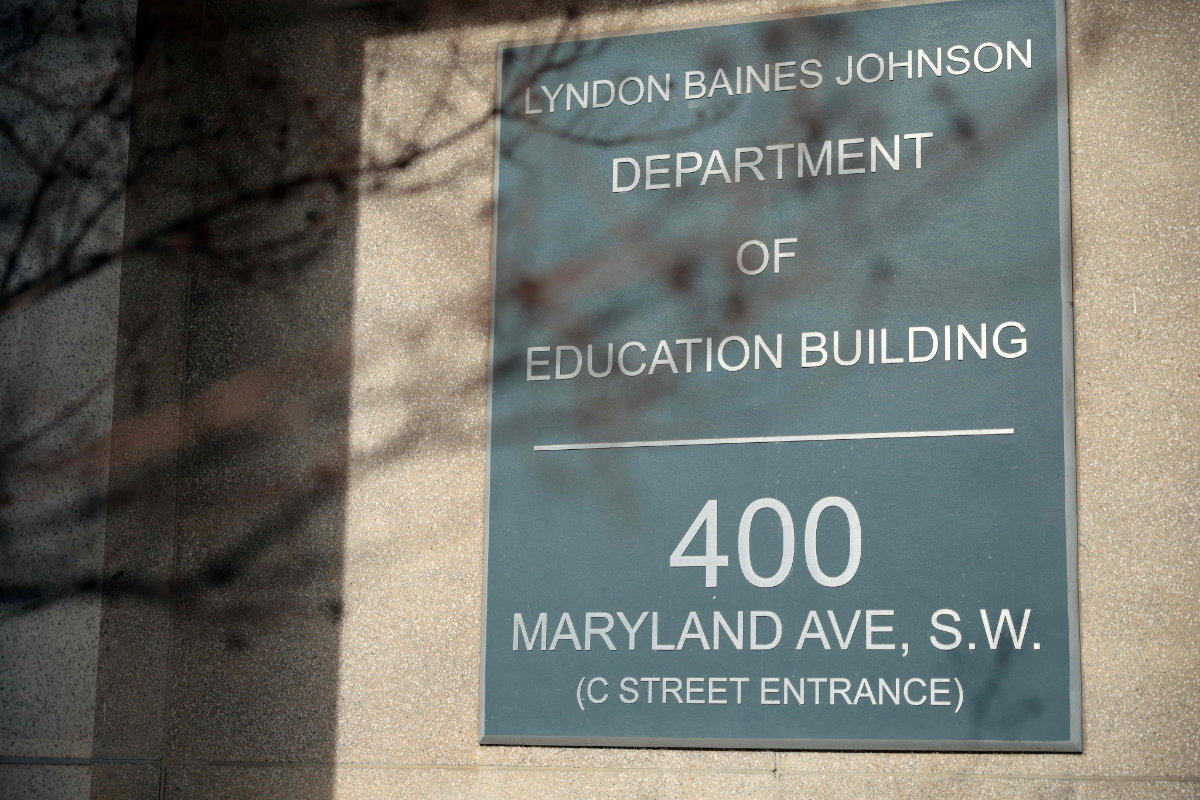GENEVA: The decades-old conflict in Congo’s mineral-rich east has “drastically deteriorated” since early 2022, and gotten even worse since last October, with sharp increases in sexual violence, the number of wounded, and child recruitment, the top Red Cross official in the country said Wednesday.
Francois Moreillon called Congo a “double-edged crisis,” with the last 30 years of conflict weakening the capacity of government, including at local levels, to deliver basic services such as water, education and food. When it came to protecting civilians, Moreillon said the crisis was “extremely acute.”
Eastern Congo has struggled with armed violence as more than 120 groups fight for power, land and valuable mineral resources, while others try to defend their communities. Some armed groups have been accused of mass killings.
The head of the International Committee of the Red Cross, known as the ICRC, said “all indicators are going through the roof” since Oct. 1 when fighting resumed between Congolese government forces with their allies, and the M23 rebel group.
Congo’s President Felix Tshisekedi, along with the US and UN experts, accuses neighboring Rwanda of giving military backing to M23. Rwanda denies the claim, but in February it effectively admitted that it has troops and missile systems in eastern Congo to safeguard its security, pointing to a build-up of Congolese forces near the border.
Moreillon told several reporters at the office of the ICRC’s UN envoy that the number of displaced Congolese rose from 5.6 million in early 2022 to nearly 7.4 million now, which makes Congo “one of the most serious crises for displacement on the planet.”
He said another escalating indicator is the level of sexual violence. In Goma, the largest city in eastern Congo, he said the number of incidents of sexual violence in the first half of 2024 rose 90 percent compared with 2023 — from 7,500 incidents last year to around 15,000 this year.
Moreillon cited the case of a woman the ICRC cared for who had been raped twice and explained that women in groups went to fetch wood “taking condoms with them to try to convince the rapist to wear them while they were raped.” This was not just to prevent getting pregnant or sexually transmitted diseases, but also to prevent them from being ordered to leave the house if their husbands learned they were raped, he said
Moreillon said sexual violence can not only be a weapon of war but also a product of decades of war where “anyone with a gun feels he can do whatever he wants” — and the fact that there is impunity for these crimes “does not help.”
The ICRC has also witnessed an increase in child recruitment, with estimates that it’s increased roughly 80 percent in some areas. “That could be only the tip of the iceberg,” he said.
A key reason is that fighting has gotten so intense that armed groups need new recruits to replace dead combatants, he said, and children can either be convinced or forced.
Several kids he interviewed said they joined because they thought they would get respect, he said. When families don’t give their children to armed groups they are “taxed” and then hand them over to the recruiters.
Another indicator is the number of wounded civilians seeking treatment, Moreillon said.
The ICRC supports three hospitals in eastern Congo including one in Goma where it had to increase the number of surgical teams from two last year to three this year who are working day and night, he said.
Last year, Moreillon said, 1,050 cases were treated at the Goma hospital, and just in February this year the ICRC treated 350 cases — a third of last year’s caseload in just one month.
“So that’s a clear indicator of the severity of the intensity of the conflict,” he said.
The ICRC head in Congo said what has changed is that more sophisticated weapons are being used combined with increased fighting in crowded urban settings.
He said 45 percent of those wounded by weapons are civilians, and about 40 percent of the wounds are caused by shrapnel which wasn’t the case last year when most wounds were caused either by bullets or knives.
What about deaths? Moreillon said it’s very difficult to get figures, but if the number of wounded “is drastically increasing” this must also be the case for the number killed.
Moreillon appealed to donors to help the Congolese in need, saying his budget for Congo this year — 85 million Swiss francs ($95 million) — is only 22 percent funded.
Red Cross envoy: Congo conflict has worsened with sharp increases in sexual violence and wounded
https://arab.news/2uem9
Red Cross envoy: Congo conflict has worsened with sharp increases in sexual violence and wounded

- Francois Moreillon called Congo a “double-edged crisis,” with the last 30 years of conflict weakening the capacity of government





























